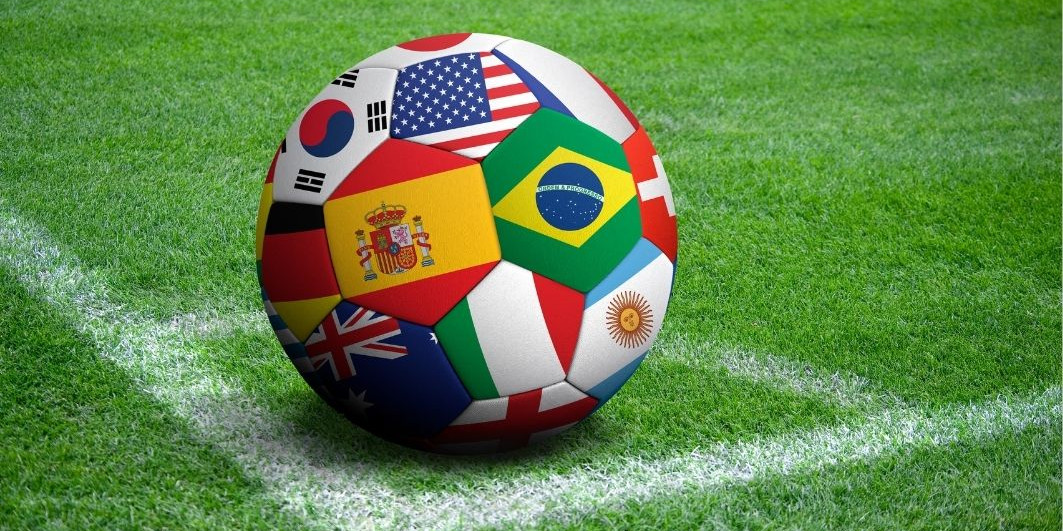Football or soccer, as it’s known in some parts of the world—is more than a globally beloved sport; it is a cultural force that shapes national identity, sparks political dialogue, bridges divides, and drives economic influence. As the most watched and played sport worldwide, football holds a unique place in the collective consciousness of billions, making it a powerful lens through which to understand the world we live in.
A Global Language of Identity
Football transcends linguistic, cultural, and geographic boundaries. Whether it’s a child kicking a ball on a dusty street in Lagos, fans packing out stadiums in Buenos Aires, or communities gathering around television screens in rural India, football represents a shared global experience. Nations find a sense of unity and pride in their national teams, often expressing identity and belonging through football allegiances.
Football and Politics: A Complex Relationship
Throughout history, football has mirrored political tensions and social upheaval. From the symbolic importance of matches during times of war to players taking a knee in support of racial justice, the pitch has long served as a stage for protest and progress. Football gives voice to communities that might otherwise remain unheard, and its reach into every corner of society makes it a potent tool for change.
Economic and Social Impact
The economic footprint of football is massive spanning clubs, leagues, apparel, broadcasting, and tourism. Major tournaments like the FIFA World Cup or UEFA Champions League generate billions in revenue and can reshape host cities and nations. Beyond the monetary impact, football plays a critical social role: it promotes physical activity, youth engagement, and grassroots development programs that foster community resilience.

Cultural Exchange and Soft Power
Football also functions as a form of soft power. Countries and clubs use the sport to build international reputation and cultural prestige. The sport’s ability to unite fans of different races, religions, and backgrounds makes it a conduit for cross-cultural understanding. The rise of international players in domestic leagues furthers global exchange and challenges traditional notions of nationalism.
Digital Transformation and Global Influence
With the rise of digital media, football’s cultural dominance has only intensified. Social platforms amplify players’ voices, turning athletes into global influencers. Content streams across platforms in real time, enabling fans to engage directly with teams and each other. The sport is no longer just a game, it’s an evolving ecosystem of cultural, political, and technological convergence.
Conclusion
To understand the power of football is to understand the pulse of global culture. Its influence extends far beyond the stadium walls. For fans, brands, and policymakers alike, recognizing football as more than just a game reveals its true potential: a powerful, unifying force capable of shaping societies and futures around the world.




